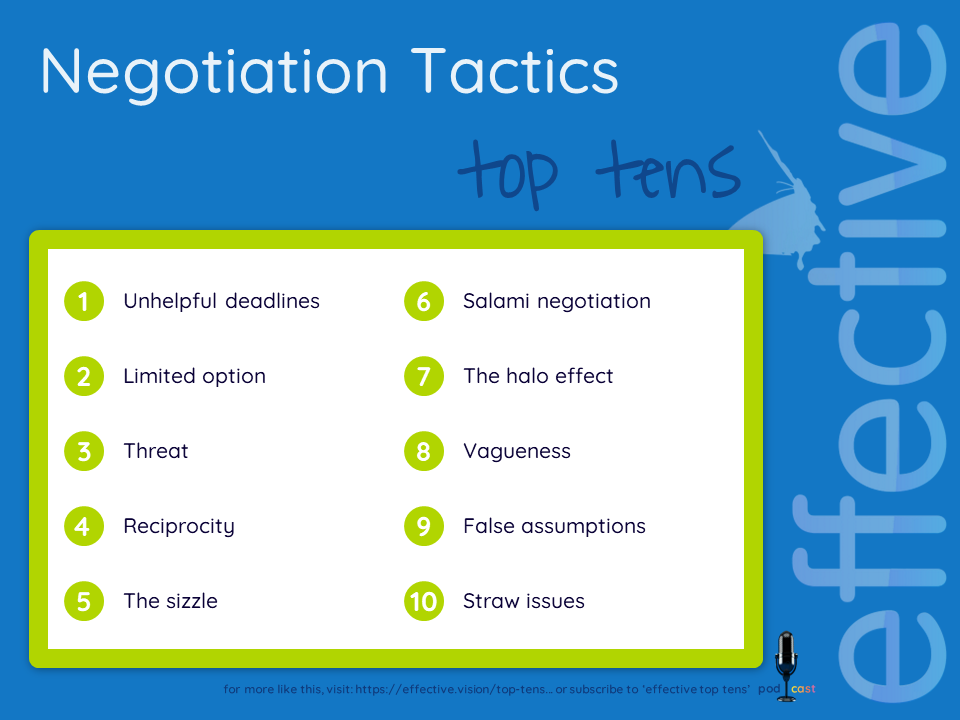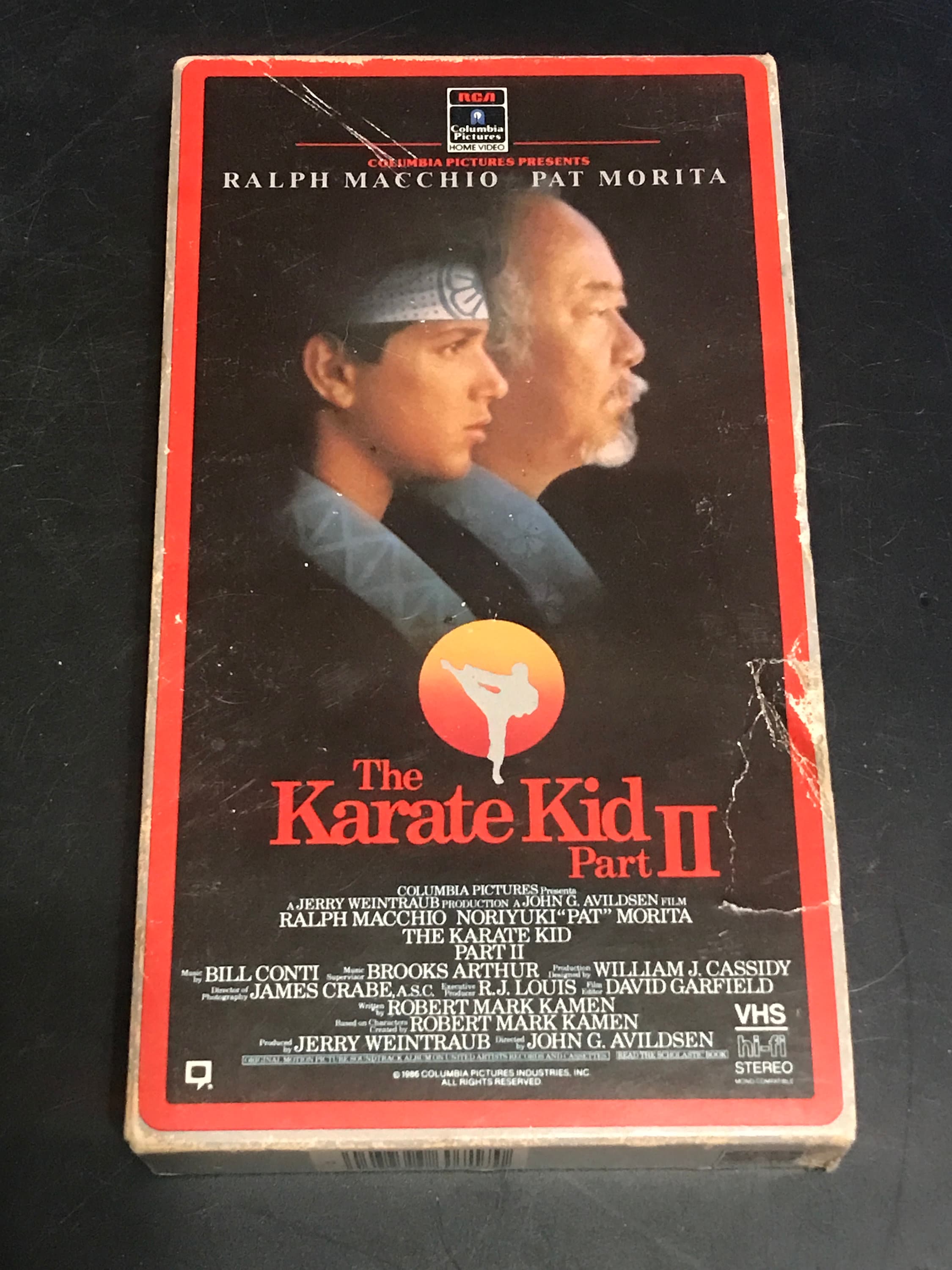Is A 'Best And Final' Job Offer Truly Final? Negotiation Tactics

Table of Contents
Understanding the "Best and Final" Offer Strategy
The "best and final offer" strategy is a common tactic employers use during salary negotiations. From their perspective, it aims to expedite the hiring process and avoid protracted discussions. Understanding the psychology behind this phrase is crucial. It's often a pressure tactic designed to secure a quick acceptance before you have time to fully consider the implications or explore other options. However, it doesn't always mean there's absolutely no room for negotiation.
- Employers often use this tactic to save time and resources. The hiring process can be lengthy and expensive, so employers want to conclude negotiations efficiently.
- It's a pressure tactic designed to secure a quick acceptance. The phrase implies finality, potentially pushing you to accept the offer without further consideration.
- Doesn't always mean there's no room for negotiation. While it signals a strong preference from the employer, a well-crafted response can sometimes still yield a better outcome.
- Understanding the employer’s perspective is key. Knowing their motivations – efficiency, budget constraints, etc. – can help you tailor your response strategically.
Assessing Your Leverage: Before You Respond
Before responding to a "best and final" job offer, carefully assess your negotiation leverage. Your position hinges on several key factors:
- Do you have competing offers? How strong are they? Multiple offers significantly strengthen your negotiating position. Quantify the differences (salary, benefits, etc.) in your competing offers to illustrate your value.
- How in-demand are your skills in the current job market? If your skills are highly sought after, you have greater leverage to negotiate. Research industry salary benchmarks to support your claims.
- What is your unique value proposition to this specific company? Highlight your unique skills, experiences, and contributions that directly benefit the company. Quantify your achievements whenever possible.
- Research industry salary benchmarks to understand fair compensation. Use reputable salary websites and resources to determine the average compensation for similar roles in your location and industry. This data will support your negotiation.
Strategic Negotiation Tactics After a "Best and Final" Offer
Responding to a "best and final" offer requires a strategic approach. Instead of directly challenging the "final" label, focus on specific concerns and present a well-reasoned counteroffer.
- Focus on specific concerns rather than challenging the "final" label directly. Instead of saying "that's not final," address specific aspects of the offer that are unsatisfactory.
- Highlight your value and contributions, connecting them to the offered compensation. Reiterate your unique skills and how they align with the company's needs. Quantify your past achievements to showcase your worth.
- Consider negotiating non-salary benefits (vacation time, professional development). If salary is non-negotiable, explore other areas where you can increase the overall value of the package.
- Frame your counteroffer as a collaborative solution, not an ultimatum. Present your request in a professional and respectful manner, emphasizing a mutually beneficial outcome.
- Prepare a concise and professional email or letter. A well-written communication is critical. Keep it brief, polite, and focused on your specific concerns.
Example Counteroffer Email Template:
Subject: Re: Job Offer - [Your Name] - [Job Title]
Dear [Hiring Manager Name],
Thank you again for offering me the position of [Job Title]. I've carefully considered the compensation package, and while I'm very excited about the opportunity, I'd like to explore the possibility of adjusting a few elements.
Based on my research and experience in similar roles, and considering my unique skills in [Skill 1] and [Skill 2] which will directly benefit your team by [quantifiable benefit], I would be grateful if we could revisit the salary to [Proposed Salary]. Additionally, I'd appreciate the opportunity to discuss the possibility of [Additional Benefit, e.g., additional vacation days].
I am very enthusiastic about this opportunity and confident I can significantly contribute to [Company Name]'s success. I look forward to your response and the possibility of further discussion.
Sincerely,
[Your Name]
When to Walk Away: Knowing Your Limits
Knowing your limits is crucial. While negotiating a better offer is ideal, sometimes walking away is the best decision.
- Assess the overall package: Is it a good fit for your career aspirations? Consider the long-term implications of accepting a less-than-ideal offer. Will this role help you reach your career goals?
- Consider the opportunity cost of accepting a less-than-ideal offer. Are you potentially sacrificing better opportunities by accepting a subpar offer?
- Don’t undervalue your skills and experience. Your worth is determined by your skills and experience, not just the initial offer.
- Walking away sometimes leads to even better opportunities. Sometimes, rejecting an inadequate offer opens doors to more suitable and rewarding opportunities.
Conclusion
Receiving a "best and final" job offer doesn't automatically mean the end of the negotiation process. By carefully assessing your leverage, employing strategic counteroffer tactics, and knowing your limits, you can significantly improve your chances of securing a more favorable compensation package. Remember, a well-crafted counteroffer, focused on your value and contributions, can make all the difference. Don't let the pressure of a "best and final" job offer intimidate you. Master these negotiation tactics and confidently navigate your salary and benefits to secure the best possible outcome for your career. Learn more about effective job offer negotiation strategies today!

Featured Posts
-
 Crawleys Fighting Performance Secures Draw In Gloucestershire Clash
May 23, 2025
Crawleys Fighting Performance Secures Draw In Gloucestershire Clash
May 23, 2025 -
 The Karate Kid Part Ii A Deeper Dive Into Miyagi Do
May 23, 2025
The Karate Kid Part Ii A Deeper Dive Into Miyagi Do
May 23, 2025 -
 En Az Harcama Yapan 3 Burc
May 23, 2025
En Az Harcama Yapan 3 Burc
May 23, 2025 -
 Parasal Sans Nisan Ayinda Zenginlesebilecek Burclar
May 23, 2025
Parasal Sans Nisan Ayinda Zenginlesebilecek Burclar
May 23, 2025 -
 Nadezhnye Goroskopy I Predskazaniya Ot Professionalnykh Astrologov
May 23, 2025
Nadezhnye Goroskopy I Predskazaniya Ot Professionalnykh Astrologov
May 23, 2025
